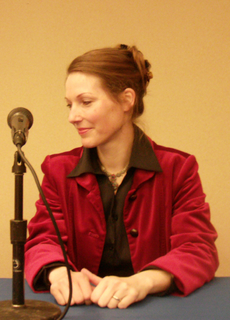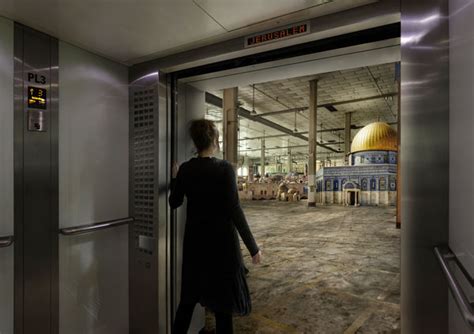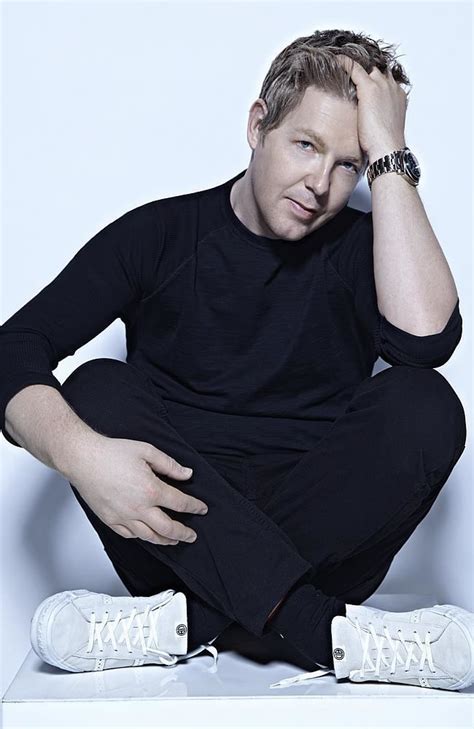A Quote by Anne Fortier
Within the realm of fiction, it is always tempting to set one's stories in a dystopian future, where all our misgivings about state power can be shown in full force.
Related Quotes
Science fiction also provides a sense of nostalgia that is always present when it comes to Palestine, in that whenever we talk about Palestine, it is never in the present, but either remembering a past or imagining a better future. Submitting gritty Middle Eastern politics to high production sci-fi in this manner not only underlines the absurdity of the situation, but brings about a dystopian future scenario.
We all have a tendency to over generalize our individual experiences. After I've published something, I'll meet someone who says, "I'm Haitian, and I don't know this, so it must not be true." Even if we're talking about a work of fiction. I've gotten very angry myself reading many things about Haiti. We're not a monolithic group; no group is. Also, it's important to keep in mind the genre in which we are writing. Fiction is full of invented stories about exceptional people in exceptional situations. Those situations are not always cheery or celebratory.
I really am just trying to tell stories. But stories are often grounded in larger events and themes. They don't have to be - there's a big literature of trailer-park, kitchen-table fiction that's just about goings-on in the lives of ordinary people - but my own tastes run toward stories that in addition to being good stories are set against a backdrop that is interesting to read and learn about.
I don't usually see what I've done. I don't often watch the film or watch the show. It's really about that experience on-set and within the scene. Because later, when the film comes out or the show comes out it's the editor's realm or the director's realm. But that moment on set, that's that electricity between me and another actor, and that's really what excites me.
Politics is about power. It is about the power of the state. It is about the power of the state as applied to individuals, the society in which they live and the economy in which they work. Most critically, our responsibility in this parliament is how that power is used: whether it is used for the benefit of the few or the many.
I think people respond to dystopian stories because they're ways of acting out anxieties that we have and fears that we have about the future. So much media's coming at you over the Internet, your brain gets overloaded. You don't know what to do with it. And one thing you can do with it is read a story.




































